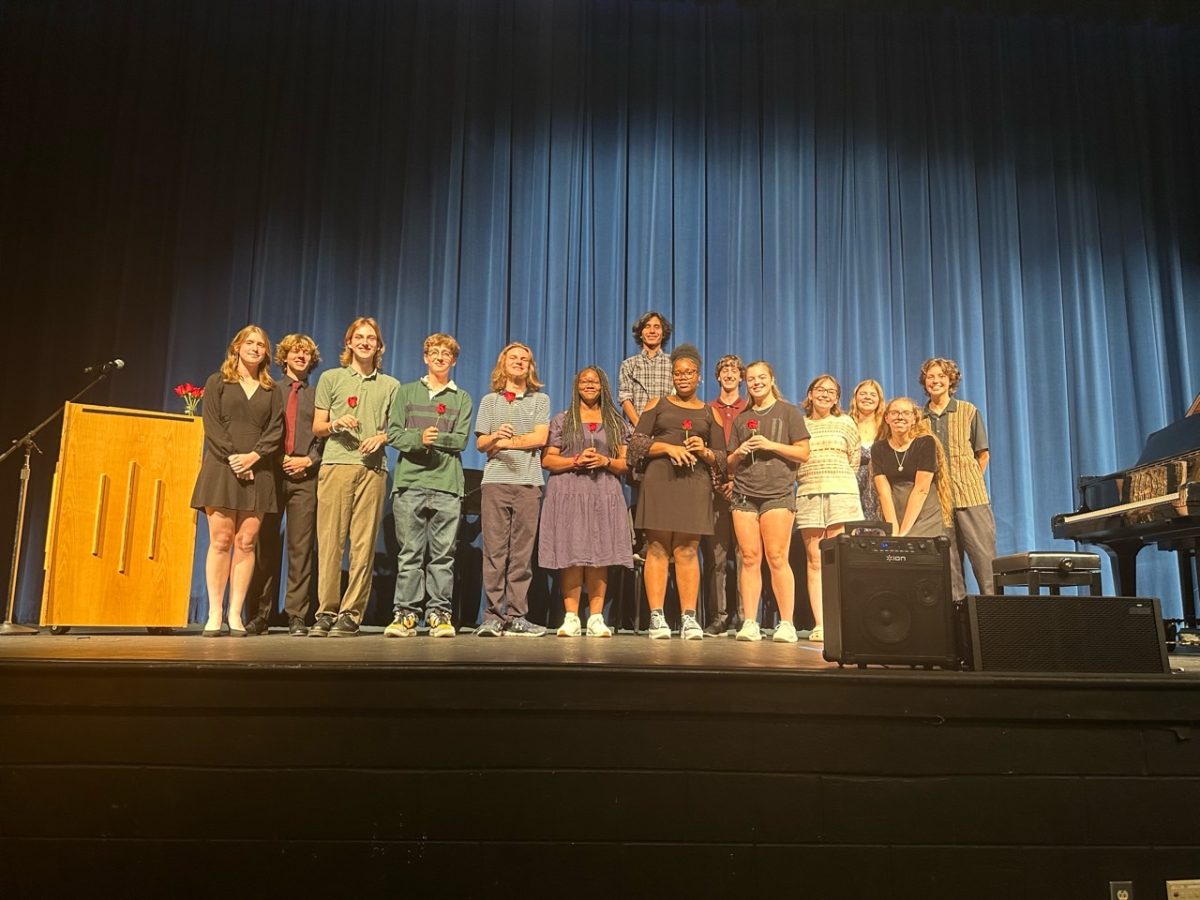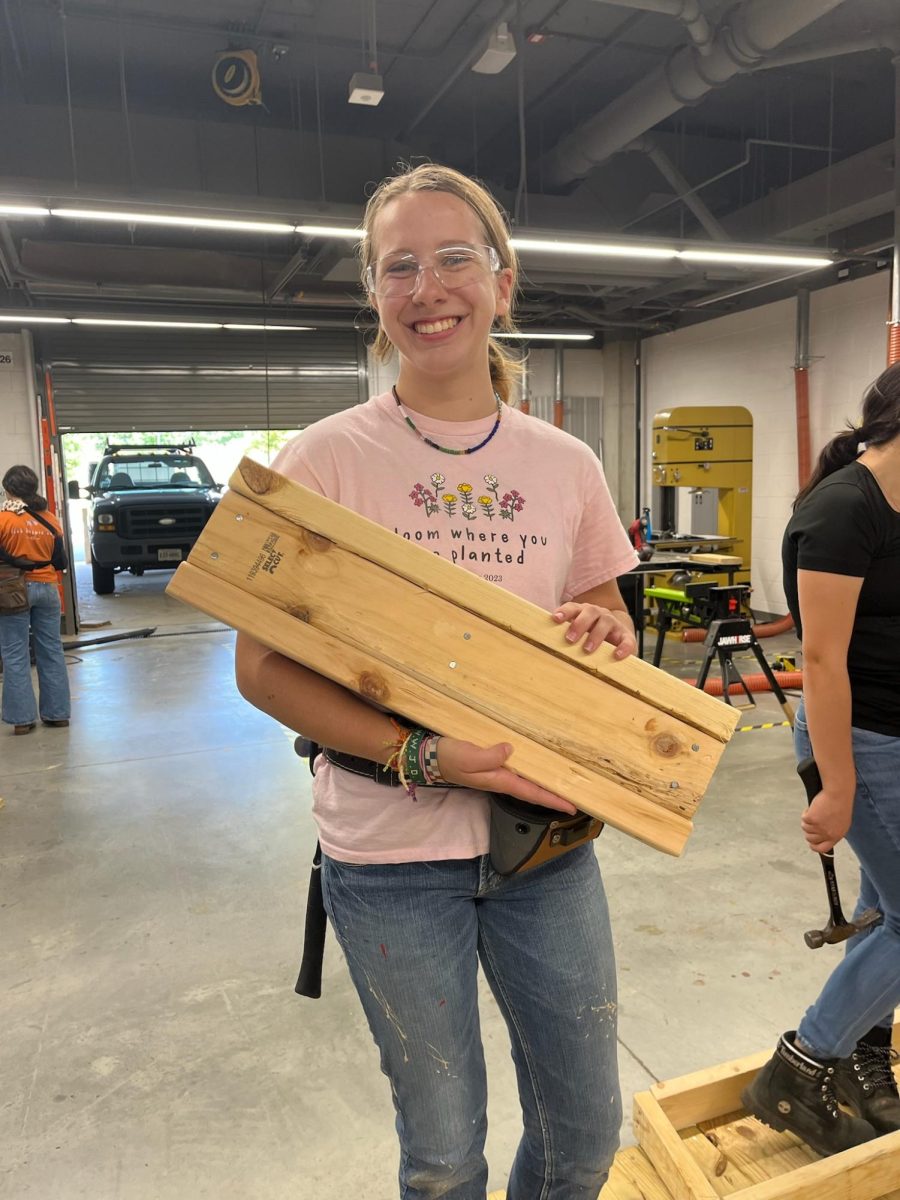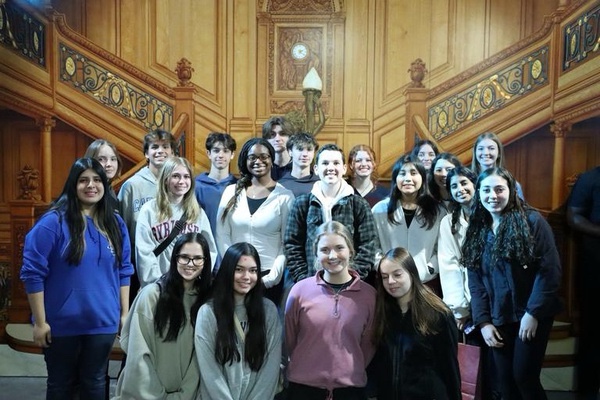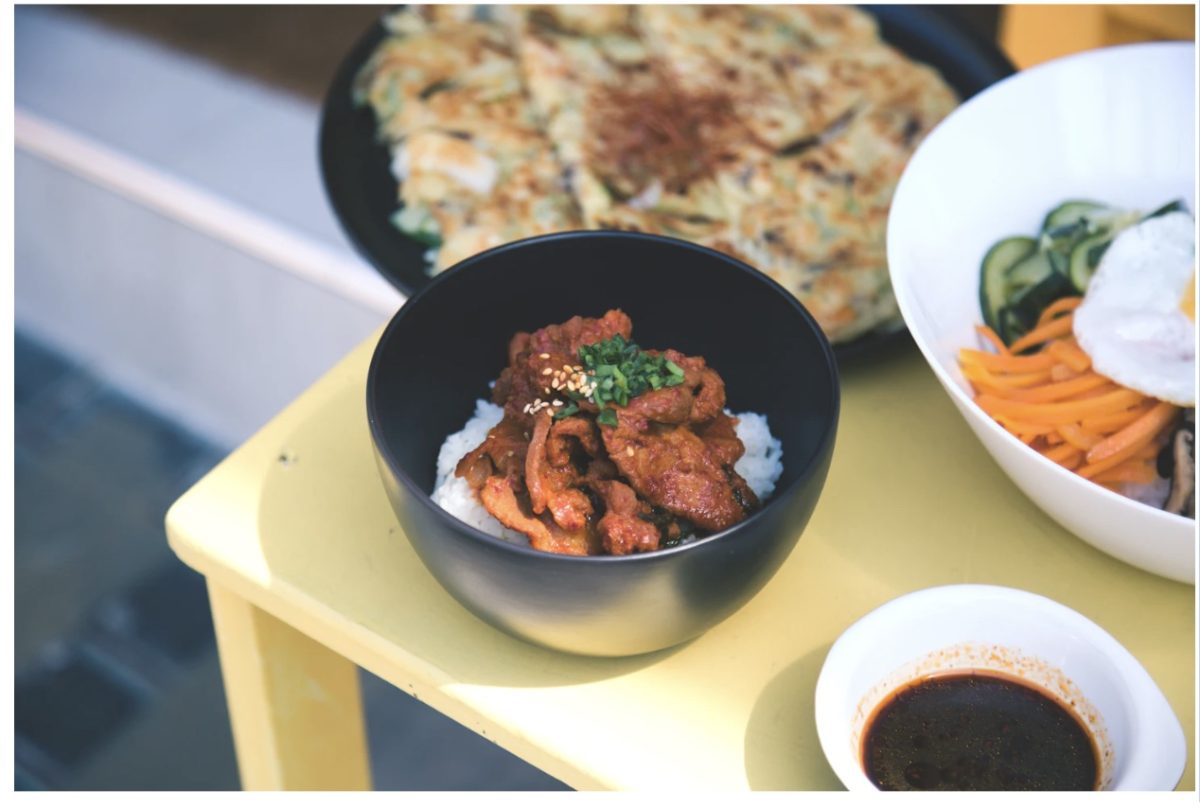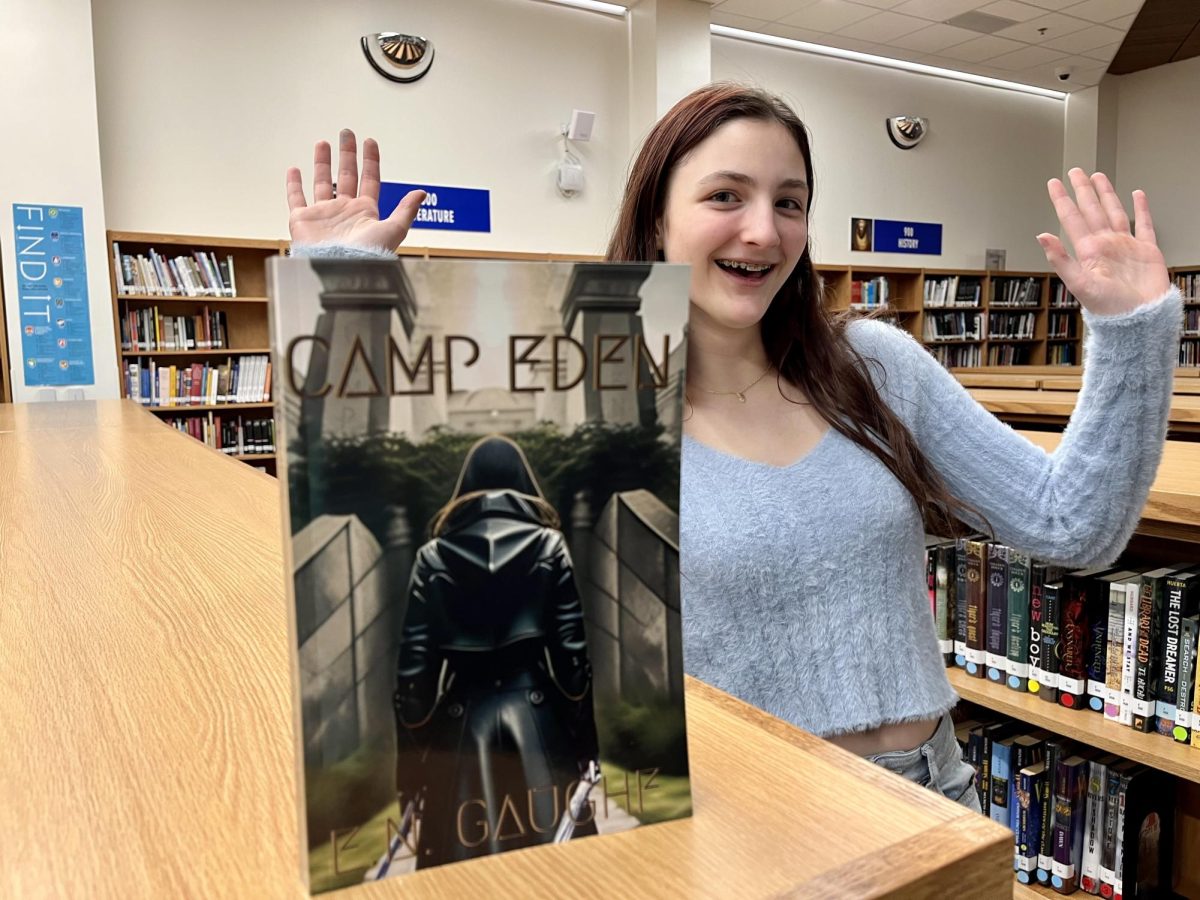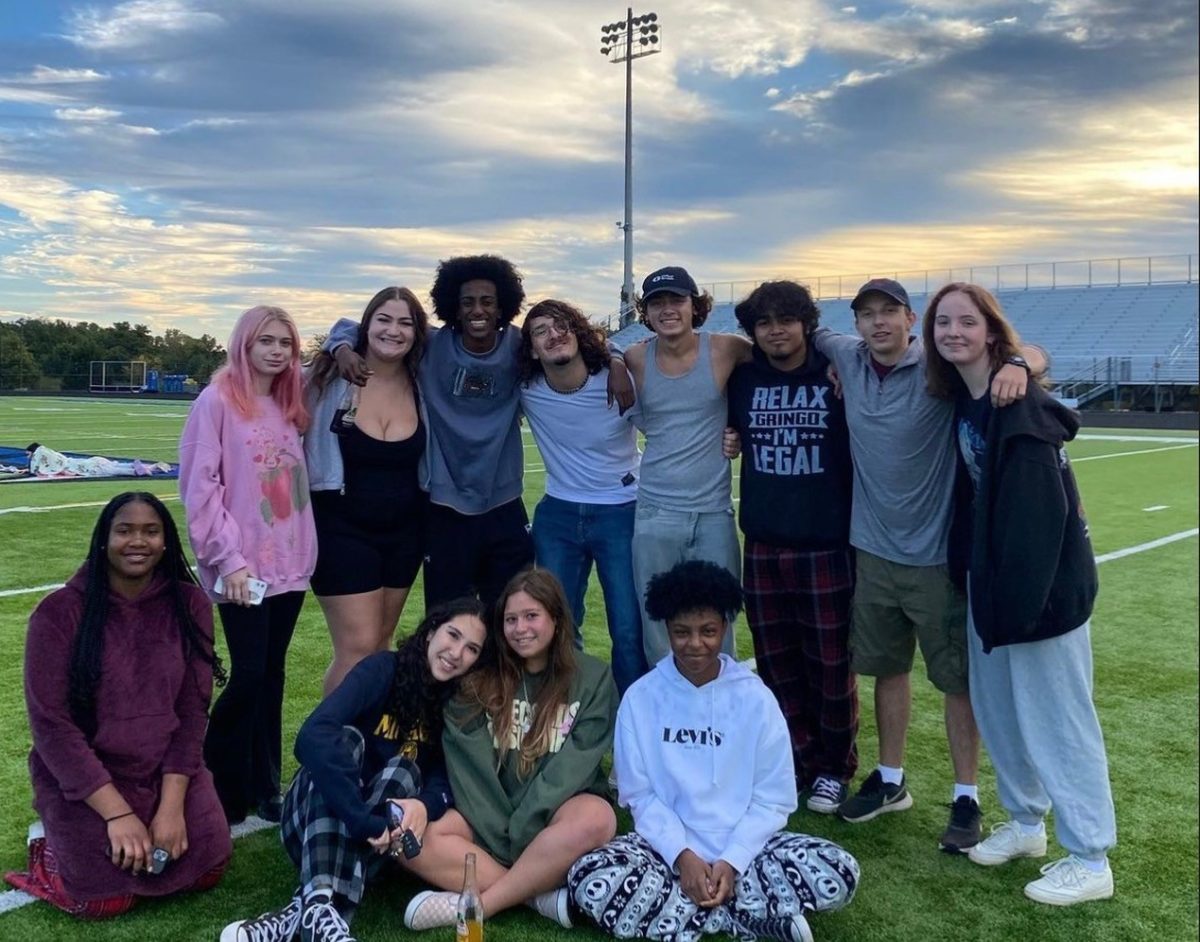By Jordan Ogden
From cave drawings, to paper, to digital screens, humans have continued to advance communication. This has become apparent in classrooms around the world, especially in the college setting, with students using laptops to take notes in class. But are they really useful tools for learning?
One of the biggest arguments relating to the presence of personal laptops in the classroom is whether or not the students are actually using them for school-related work. Clay Shirky, a college professor at NYU, has had first-hand experience with this dilemma, which is why he made the use of laptops in his room “banned unless required.” He told Medium that before this ban, it was as if someone had let fresh air into the room whenever he asked his students to close their laptops. Students became more attentive, asked questions, and the room seemed overall more alive, as opposed to when each student had their laptop out and was in their own little world.
With this evidence pointing away from laptop use in the classroom, why would anyone ever consider allowing them into school? “Students already have phones that they claim to be using for ‘educational purposes,’” sophomore Nathan Monk pointed out. “But, instead, they start playing games! So, how are laptops going to be any different?”
Perry Samson believes that laptops can be controlled as long as the teacher has the proper tools, leading to the creation of his interactive student response system called LectureTools. LectureTools is a program that is used to enhance the students’ classroom experience by including features like the ability for the professor or teacher to upload powerpoints, documents, and notes online. Another cool feature is the ability of students to anonymously ask questions online, eliminating any shyness from asking questions during class. Essentially, LectureTools gives the students laptop access while also allowing teachers to maintain control.
But without the appearance of programs such as LectureTools in high schools, how would teachers control their students’ laptop use? Mrs. Badger, a science teacher at Tuscarora, stated that laptops would actually work a lot better in a high school classroom due to the smaller class sizes. High schools have tiny classrooms compared to the huge, amphitheater-style lecture halls that are common in universities. The teacher would have additional control over her class and laptops could be used for the right purposes.
Mrs. Badger’s way of controlling the classroom is continually circulating the room to make sure no students are going astray. When asked why she thinks colleges encourage the use of laptops and high schools do not, she responded, “College professors don’t care if you aren’t using your laptop for the right things because you’re paying for it! If you fail, then you’re just going to have to go back again next year!”
As schools across the country debate the use of technology in the classroom, LCPS is no different. Various ideas are being discussed and researched, including BYOD (bring your own device) and one-to-one devices. There are also initiatives for the “flipped classroom,” where teachers use online tools and sites like VISION to incorporate tech-centered learning in and outside the classroom.
Regardless of what the future of laptops and other technology in the classroom looks like, it seems inevitable that as tech tools became vital to other parts of society, they will eventually change how classrooms function as well.
